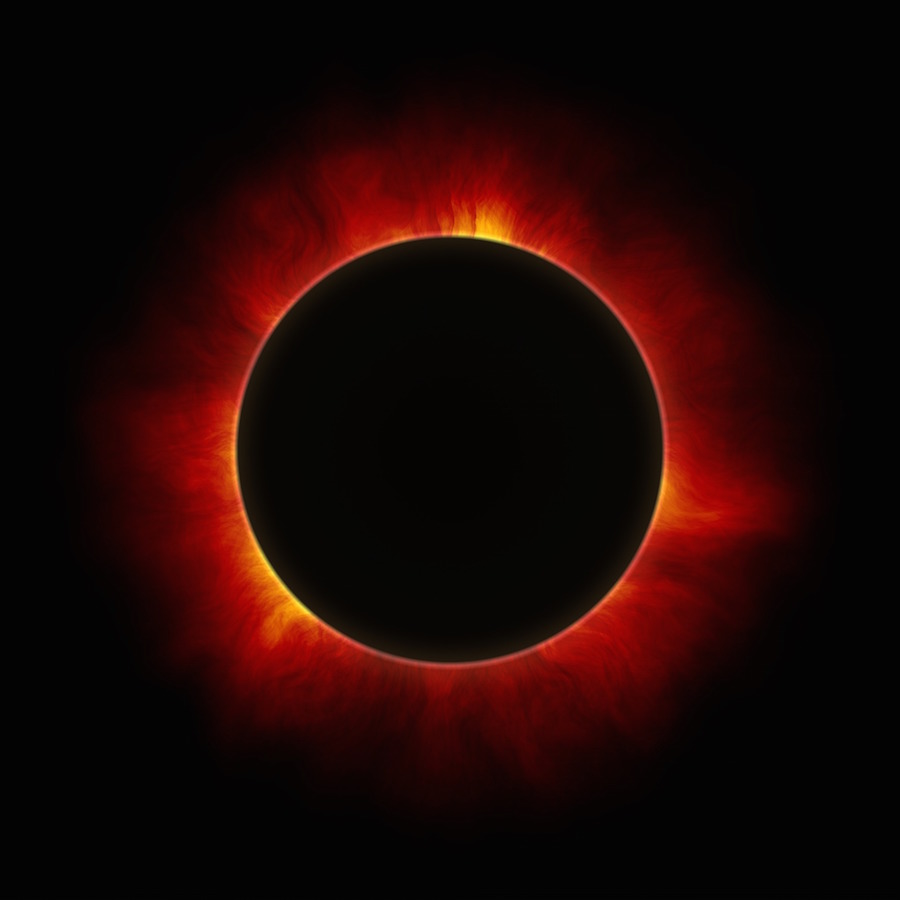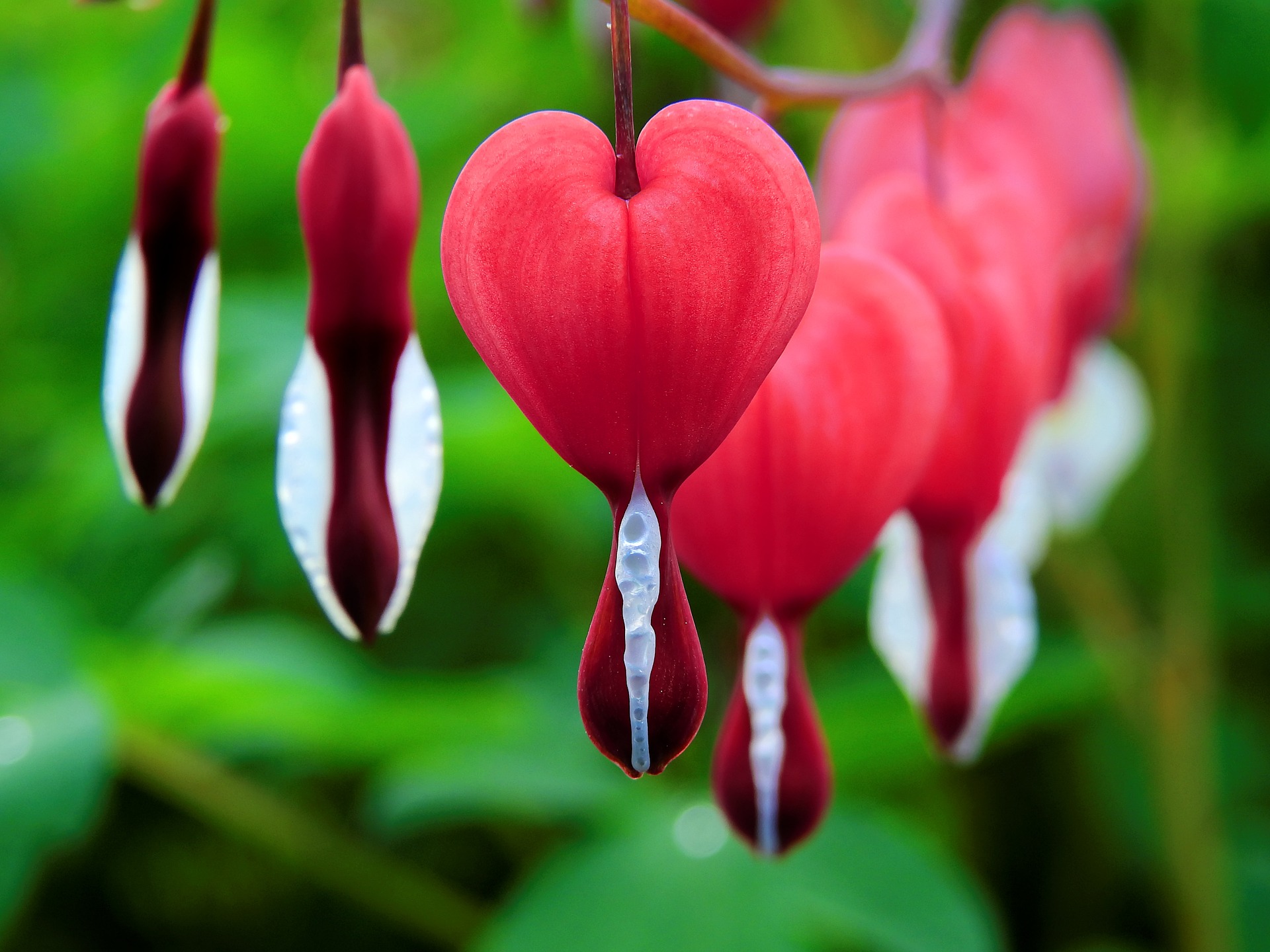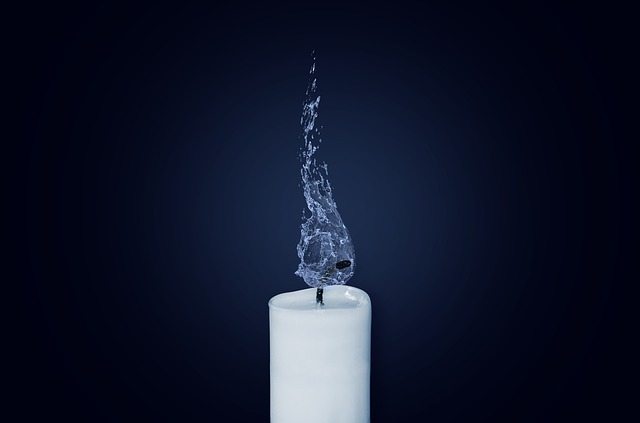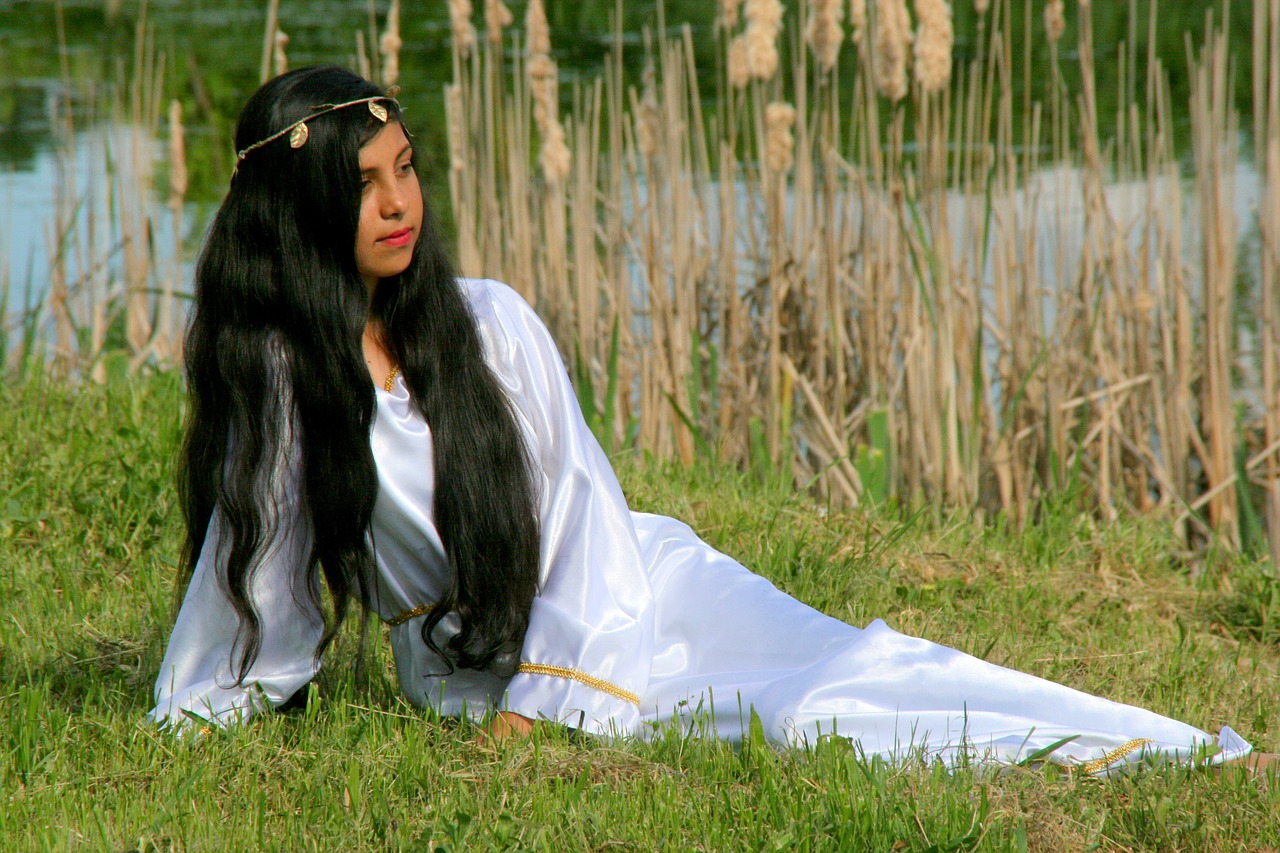
Eclipse Fever collides with Wildfire in my environmental newsfeed this month. In only ten days, my abnormally “normal” town will become a swollen version of itself. As the planetary wheel turns, we’re one of the very first and most reliable viewing places for the total eclipse, given that the Oregon Coast has a foggy and questionable personal history. Frankly, we see it as the most charming place from which to watch, bar none. But just how charming is something we try to keep very quiet. Notice I’m not being very specific or dropping its name.
The jig is up already up, though. Most of us with empty rooms in our homes have long had them booked with long-lost family or friends. The Willamette Valley floor is sprouting campgrounds in abundance, at $200 to $750 per site. We’re stocking up as if a snowfall were imminent, aware that our town will likely double or triple or quadruple in size. We’re also tuning up bikes so we can stay on the bike paths and out of traffic snarls, the ones that we’ve we’ve been warned about since April.
This will be the second total eclipse I’ve witnessed. The first one was in 1979. As I was recently reading the mystical accounts of eclipse stalkers, I reached back to remember…very little. Popular culture seemed far less interested in things celestial back then. The path of that total eclipse was a Nike-shaped swath over Washington and up into Canada so there was almost no Eclipse Hoopla. My husband and I and baby Ben simply drove the night beforehand a couple hundred miles to the rolling hills of southern Washington and parked our VW van on a wide spot in the road. Across the gentle hills a smaller version of Stonehenge was visible. Despite the dramatic location, there were only a few of other cars in the nearby parking lot. The sun was just up, and it was a showery February. The sun did break through the clouds to cast shadows over the hills as it chased a sweeping line of darkness. In my mind now it’s another subtle and rich life moment, thanks to my somewhat intact memory and a beautiful painting by my friend Jan that still hangs over my bed.
Meanwhile, right now, there’s another more pressing emergency situation in my other summer world, one that could (literally) eclipse the actual eclipse. Across the valley and up in the mountains lies our summer cabin, also in the path of eclipse totality. A wildfire has been burning on the shoulder of nearby Mt. Jefferson, and it’s only a couple of watersheds away. At risk are the old growth forests that are such a global treasure. Lately it’s been growing some days and sitting relatively still others, and there’s a staff of over 200 professionals on the case. Ironically, when the smoke is thick enough, the fire slows down, since it feeds on the heat generated by the powerful summer high-altitude sun, among other things. This whole area will thankfully be closed to Eclipse watchers because of the serious increased risk of fires.
The preparedness required here is a little more complicated than stocking our Valley home with beer and barbecue supplies. We’re clearing out brush to make the area less hospitable (my interpretation of the official fire containment plan). Unlike the solar variety, this crisis won’t likely be all over in a week. For that we’ll need to wait until the rains come in late October.
We’re fortunate to be able to soothe sore muscles at the hot springs retreat center down the road, where my husband is a big support of the BFD, or the Breitenbush Fire Department. We hear that the risk of the fire reaching here is miniscule now. We return back to the valley, a hundred miles away. The winds have blown the smoke from the Whitewater fire in the mountain to settle right outside our window. Sunsets here are rubber ball red. There’s little chance that the eclipse will actually be eclipsed by smoke here, but there’s a sizable risk of other fires, what with all the increased human activity.
So much for Oregon laid-back summers. Living so close to the awesome power of the sun brings a sense of aliveness here in the path of totality. We plan ahead to care for our visitors and our residents, in and out of the forest. We work prudently to protect the lives around us. We live in the traveling light shadow of not knowing what the future will bring, even as we savor the summer breezes. It’s an incandescent time. There’s a totality, a presence, to it all.
I want to remember this, I think, when I start believing that life is dull or boring. This sense of being fully engaged and awake, of being “all in.” Perhaps this is the real awe-inspiring nature of the eclipse, or of wildfire. For the moment all the murmurings and distractions of our daily lives cease and we can see the magic inside the enormous power of nature, so far from our actual ability to control it.
Only totally.










